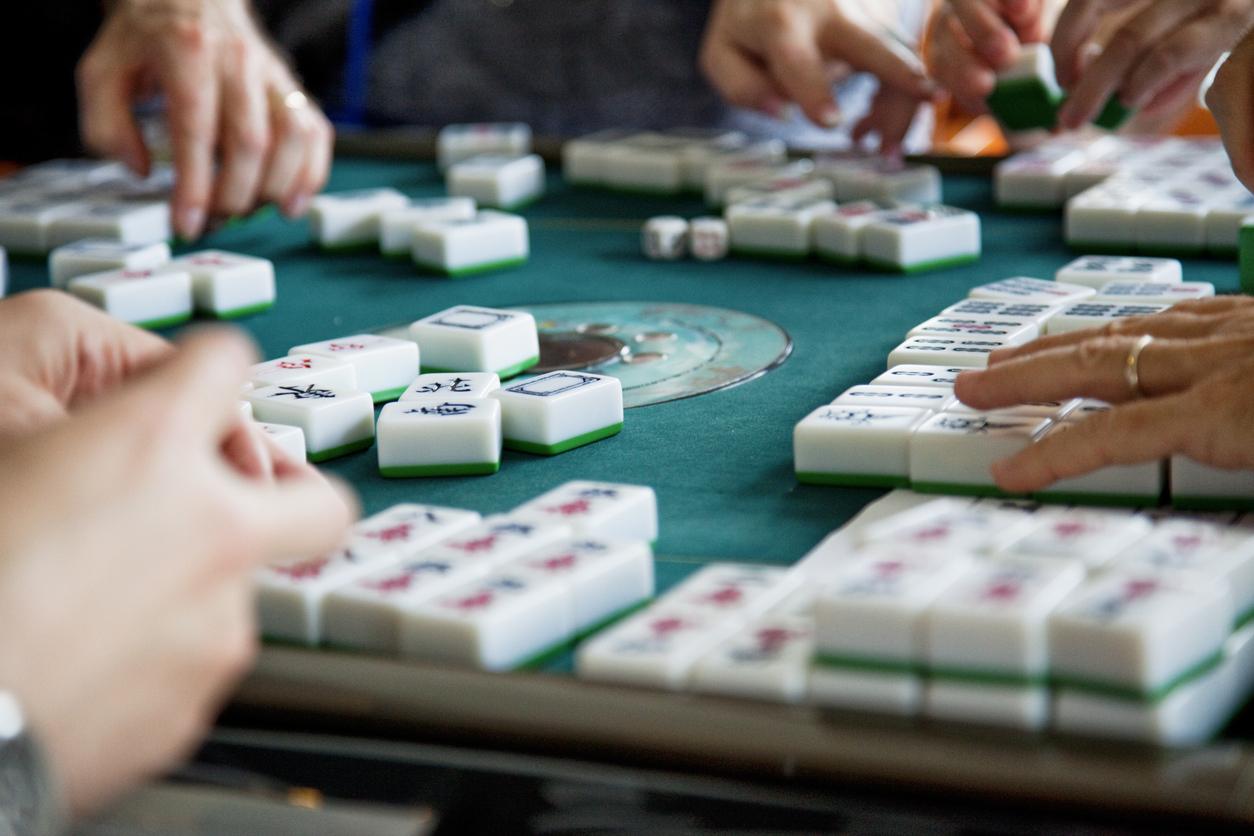Playing Mahjong, which requires strategic thinking and memory, would be beneficial for stimulating the brain, preventing cognitive disorders such as dementia as well as preserving mental health.

- Mahjong is a traditional Chinese board game whose goal is to make a winning combination with the tiles you have.
- This board game would be good for maintaining memory and cognitive functions.
- In adults, it also helps fight depression.
Having fun while stimulating your brain: to achieve these two goals, you have to play Mahjong, according to a new study published in the journal The Journal of Prevention of Alzheimer’s Disease. For those who don’t know, Mahjong is a traditional Chinese board game that combines strategy, memory and adaptability. The goal is simple: make a winning combination with the tiles you have. More recently, other versions of Mahjong have been created, with more tiles and winning combinations.
Mahjong, the board game that preserves memory
In their work, the scientists carried out a meta-analysis of 53 studies measuring the impact of regular Mahjong practice on cognitive, psychological and functional abilities. Results: playing Mahjong is very good for preserving cognitive functions. Indeed, researchers observed that older people who played it regularly had better memory, greater capacity for adaptation and slower impairment of cognitive functions.
Depression: fewer symptoms thanks to Mahjong
According to the authors, this board game would therefore have a protective effect against cognitive disorders such as dementia. But that’s not all. It would also be good for mental health because they observed a reduction in symptoms of depression in adults.
Another advantage: as it takes four people to play, regular Mahjong practice also helps combat loneliness and increase sociability. Finally, meeting up with friends requires moving around, which requires walking and therefore physical activity. So many advantages… So, with winter approaching and days spent indoors, why not invest in a Mahjong?
For the brain, many other beneficial activities are beneficial: reading books, magazines or newspapers, playing card games, betting on horse races, etc. According to one previous studyall these leisure activities would help delay or prevent dementia in people over 65 years old.















